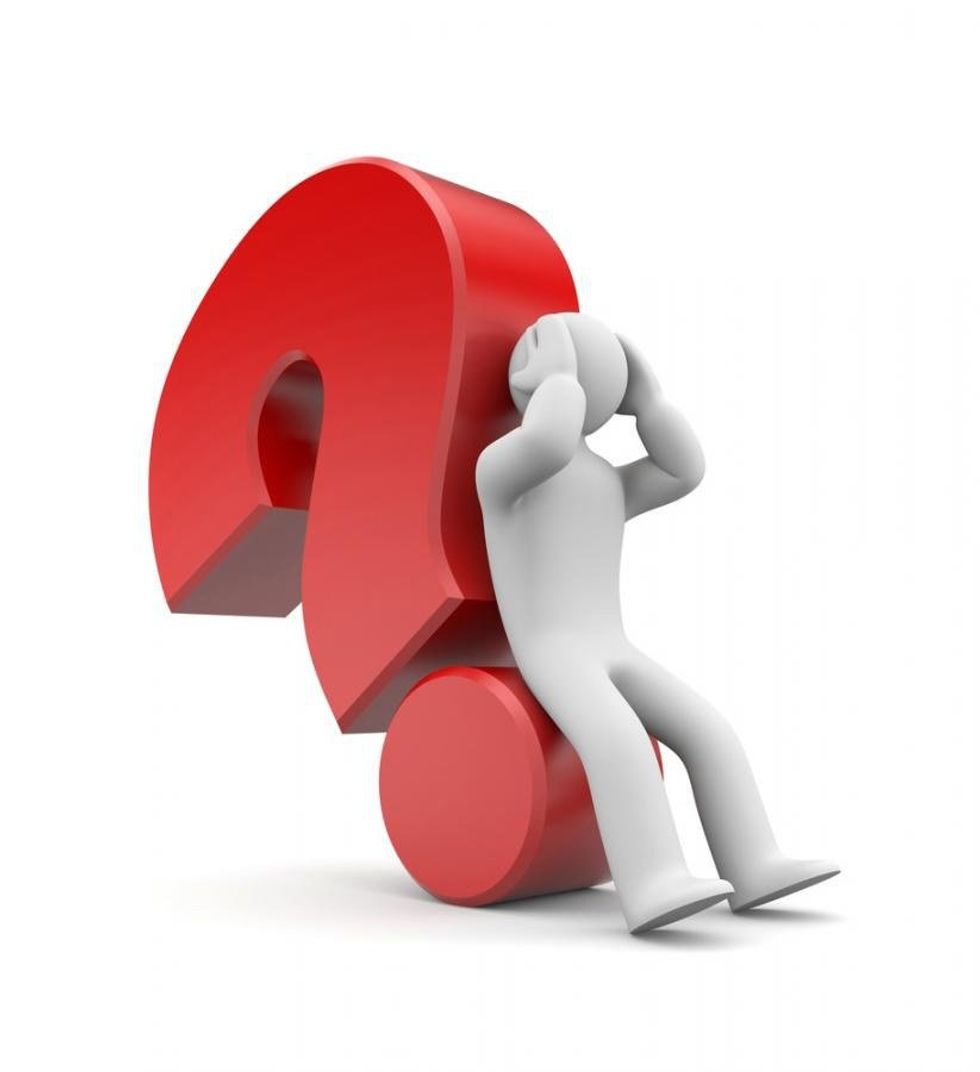For every problem, there is a question, and when it comes to asking them to others there is an unspoken convention to use scales as a means to communicate the intensity of something, such as “on a scale from 1 to 10 how bad is the pain?” While this serves to help the asker get a sense for what is going on, another problem can arise from this, which is that there is no convention for what the scale even stands for. Is a 1 good or bad? How bad IS bad? What is your reaction going to be based on which number you get in response? Do you really need me to answer this if my pain level is apparent on my face? And so on. It can become a mess if the person answering has a different scale in mind than the person asking, and often if you’re offering assistance its because you can already tell that the person needs it. So what’s the point then? Is there any way to truly know if someone else understands what you’re saying if even our tools for clarification cause confusion?
The answer to that is tricky. One thing that people have a hard time understanding is that while there are a lot of people who are capable of inferring what you are trying to say when you talk, it is never safe to assume any prior knowledge or any way to connect the dots. People come from different backgrounds, think differently and have different sources of information, and it should not come as a surprise to you when something that is a totally obvious connection to you makes no sense to anyone else. With that in mind it becomes easier to hold conversations where you aren’t constantly stopped by “what?” but it can also be a hassle to try and fit all the context in.
There is always a middle ground, and in communication finding that comes down to taking the time to assess the people around you. Learn what they know and don’t know through questions and bringing up certain conversation topics (major or high school course work are good starters) so that you can know when you should probably go into further detail before continuing with a story. It also helps when you try and be knowledgeable in as many things as possible because this helps you to rephrase and clarify things that you are saying to terms that might make more sense to the recipient. Being or having someone around who can make sense out of something and help others do the same is an incredibly useful skill, both to make sure you’re always aware of what is going around you and to help keep conversations and interactions flowing smoothly.
It takes a lot of effort to form sentences, and even more ensure understanding. However, people have been communicating for centuries and progress has been made from collaboration, so there is proof that it is possible to make sure everyone is on the same page. Next time you hang out with your friends or meet someone new, try and figure out if there is something you can do to be clearer, and there will be much less confusion in everything you do.





















